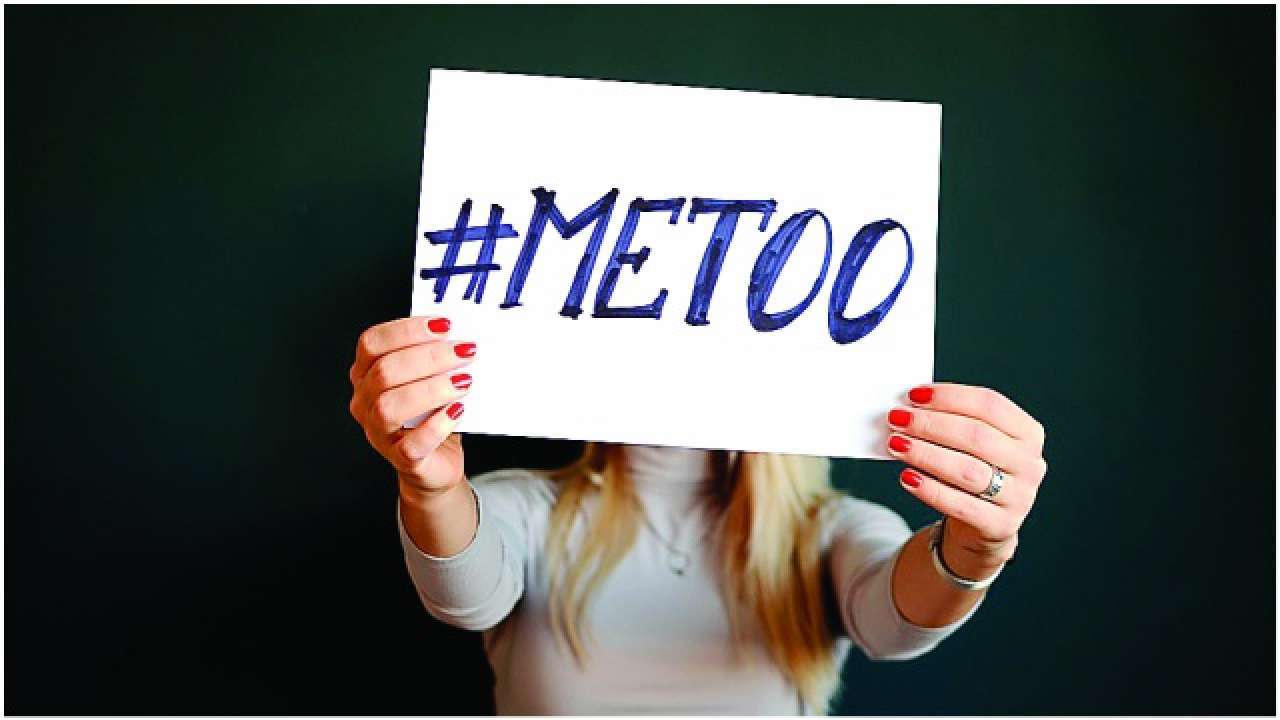
In the country's first #MeToo movement case, Police gave a clean chit to Nana Patekar. But, this is not where it ends. Dutta can oppose the order and the court will direct the police to re-investigate or probe further. The ruling does not negate the movement in any way.
Also Read: Stigma, fear of being hassled keep women from fighting legal battle
The #MeToo campaign has provided a gateway for Indian women to say "enough is enough" and seek justice. While the initial instances were that of assault and misogyny by men placed at high positions in Hollywood, subsequent revelations have come in waves from women across the world and they involve people from academia, activism, film, media, and government. The movement provides a platform for women, who speak against the violence and oppression they have been subjected to by male colleagues and seniors, as well as institutions and individuals complicit in the cover-up. It is also an open challenge to the pervasiveness of a culture that allows men to harass women, intimidate and exploit them with impunity. #MeToo is not going to stop. The chief message is that women have contained their wrath for far too long. The survivors have found strength and solidarity in numbers.
Also Read: Decades-old rape complaints still a challenge to investigate: Cops
A ripple effect has been created. Women are demanding that they be treated as equals. Victims gain catharsis by going public.
Also Read: It is a fight between decent & indecent men and women: Kamla Bhasin
It must be remembered that the movement has a social purpose and not necessarily, a legal purpose. The movement shows that now, it is at least possible for women to complain of what they could not in the past because of societal pressure and stigma. It is, therefore, a device of empowerment. Secondly, it is an attempt made by women, who have been harassed by men holding positions of power, to shame them and possibly have some official action taken against them.
Also Read: Knowing man's side of the narrative
#MeToo has its limitations too. A woman can be harassed by someone on the street, not necessarily by a person with whom she is or was working. So, it is not an answer to anything. It is only a method of protest against exploitation. On the question of anonymity, what else must survivors do when their testimonials can make them identifiable to the alleged perpetrator? Under such circumstances, anonymous public naming is not only an ethically sound act, but perhaps the only available recourse.